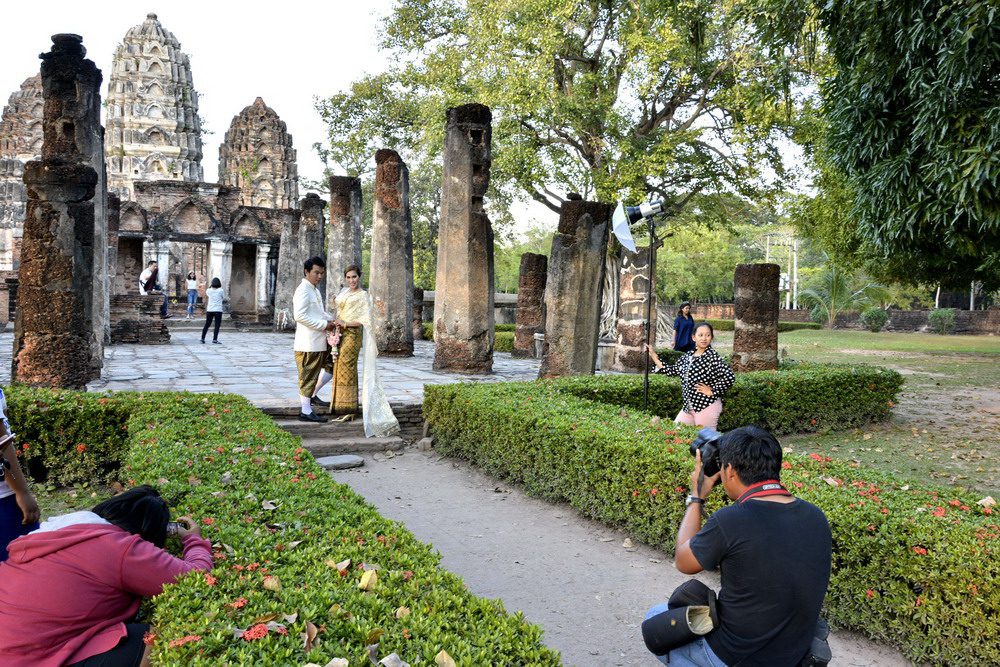Responsible travel in developing countries involves supporting local communities by choosing locally-owned accommodations, dining at local restaurants, participating in community-based tourism, buying locally-made souvenirs, and respecting local customs and traditions. By making conscious choices, travelers can positively impact the local economy and preserve traditional crafts while gaining a deeper understanding of the culture and way of life of the people they are visiting. Responsible travel is not just about minimizing negative impact but also actively contributing to the well-being of the communities encountered along the way. Travelers can make a difference by supporting local businesses and engaging respectfully with local customs.
Responsible Travel in Developing Countries: Supporting Local Communities
Introduction
Traveling to developing countries can be a rewarding experience, but it is important to be mindful of the impact your visit can have on local communities. Responsible travel involves making choices that support the well-being of the people and places you visit. One of the ways to do this is by supporting local communities.
Choosing Local Accommodations
One way to support local communities when traveling in developing countries is by choosing to stay at locally-owned accommodations such as guesthouses, homestays, or small hotels. By staying at these places, you are directly contributing to the local economy and helping to create jobs for local people.
Eating at Local Restaurants
Another way to support local communities is by eating at locally-owned restaurants and street food stalls. Not only will you get to enjoy authentic and delicious cuisine, but you will also be supporting small business owners and food vendors who rely on tourism for their livelihood.
Participating in Community-Based Tourism
Many developing countries offer community-based tourism experiences where travelers can engage with local communities in a meaningful way. This can include activities such as visiting a local school, participating in a traditional cooking class, or learning about local crafts and traditions. By participating in these activities, you are not only supporting the local economy but also gaining a deeper understanding of the culture and way of life of the people you are visiting.
Buying Locally-Made Souvenirs
When shopping for souvenirs, look for locally-made products such as handicrafts, textiles, or artwork. By purchasing from local artisans and small businesses, you are helping to preserve traditional crafts and support local livelihoods.
Respecting Local Customs and Traditions
Responsible travel also means respecting the customs and traditions of the communities you are visiting. Take the time to learn about local etiquette, dress codes, and cultural practices, and always ask for permission before taking photographs of people or sacred sites.
Conclusion
Supporting local communities when traveling in developing countries is an important aspect of responsible tourism. By making conscious choices about where you stay, eat, shop, and how you interact with local people, you can help to ensure that your visit has a positive impact on the places you visit. Remember that responsible travel is not just about minimizing your negative impact, but also about actively contributing to the well-being of the communities you encounter along the way.
